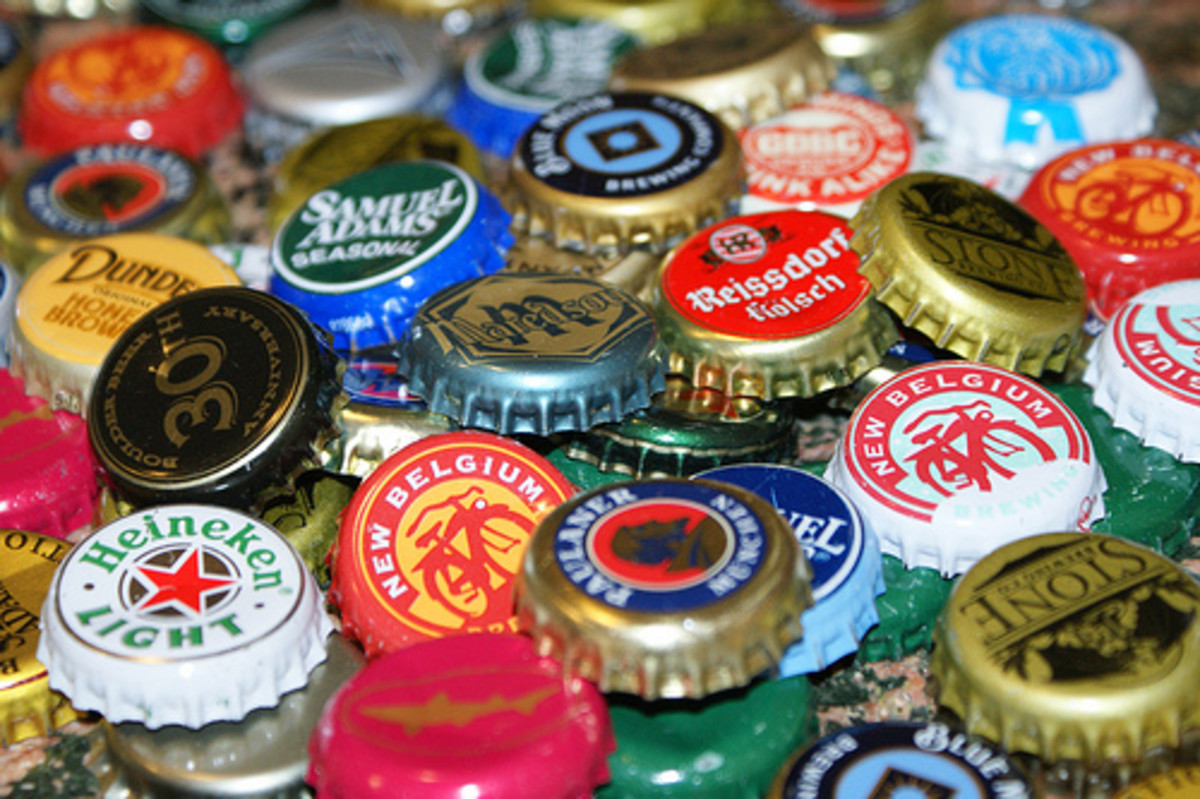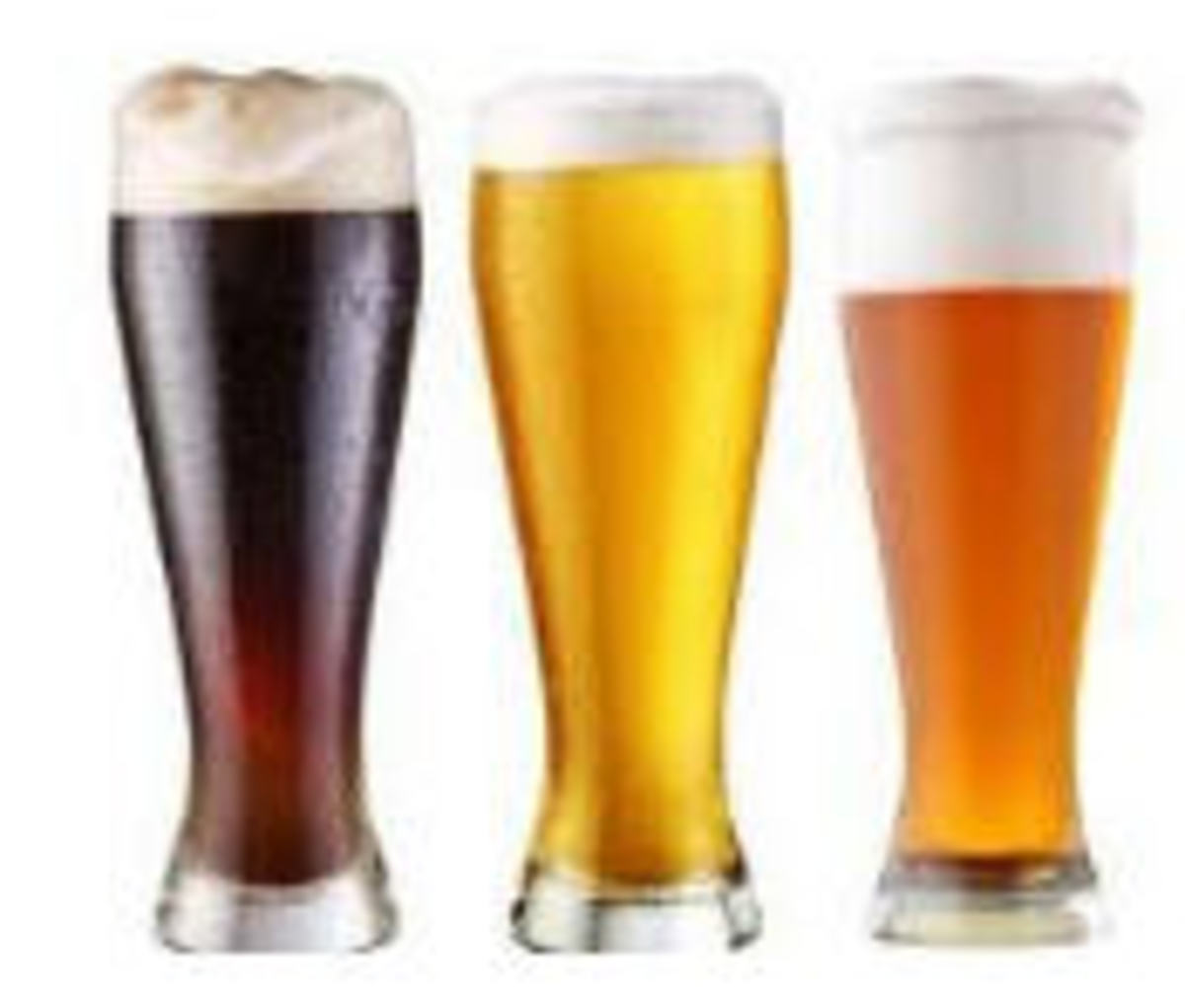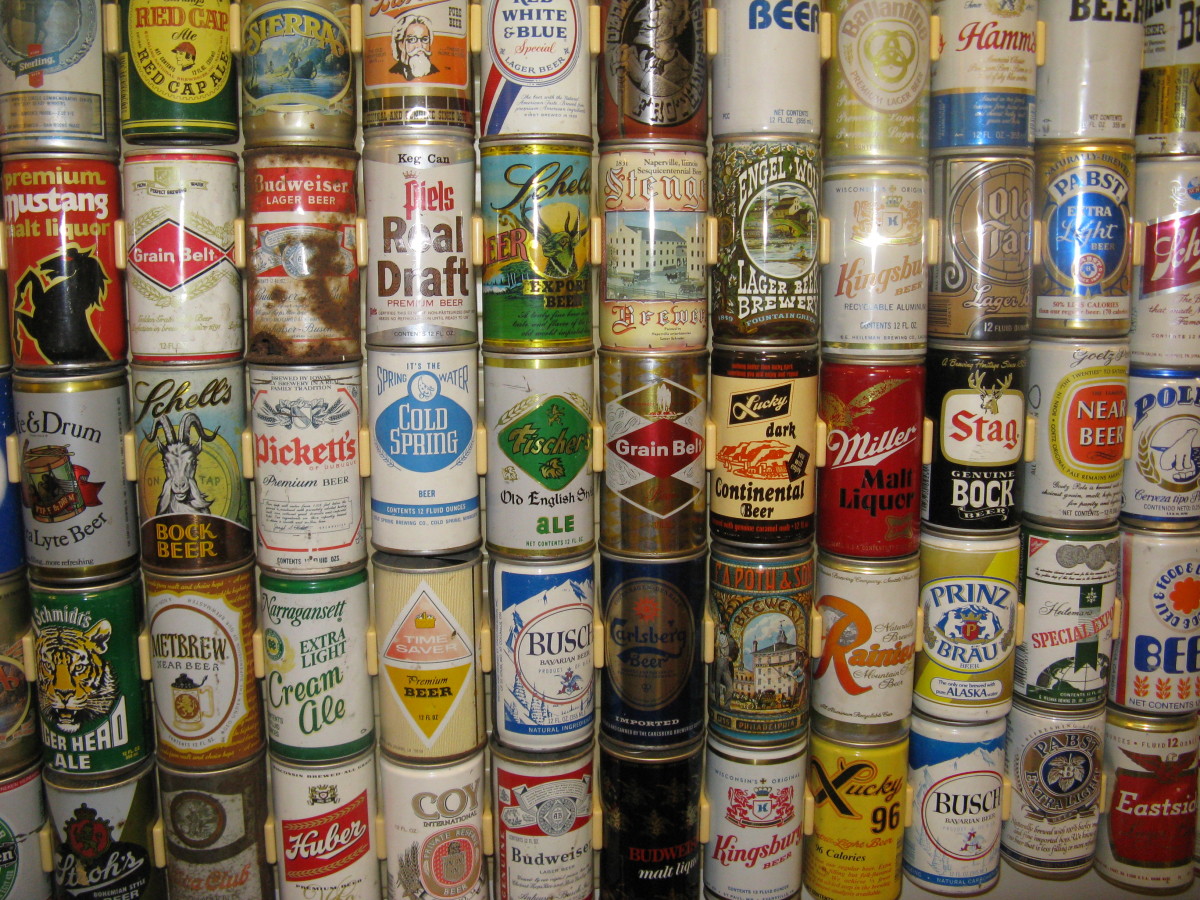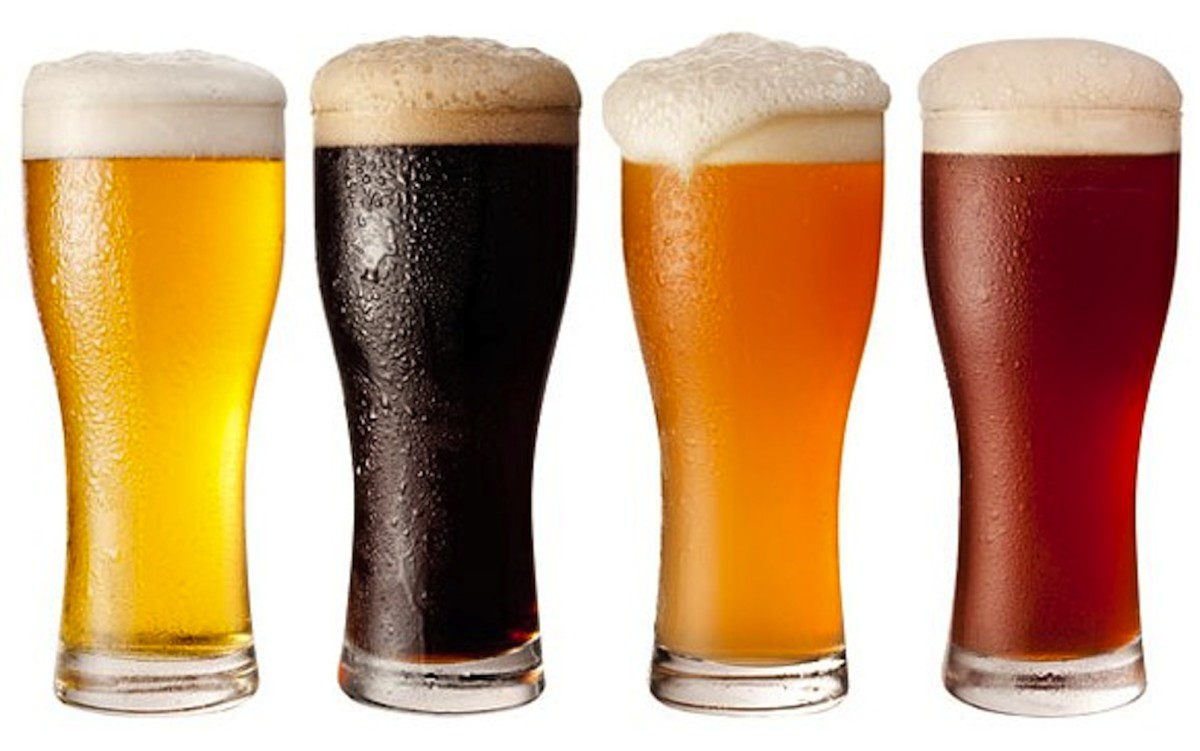A Brief History of German Beer Brewing
A German Hefeweizen (Unfiltered Wheat Beer)
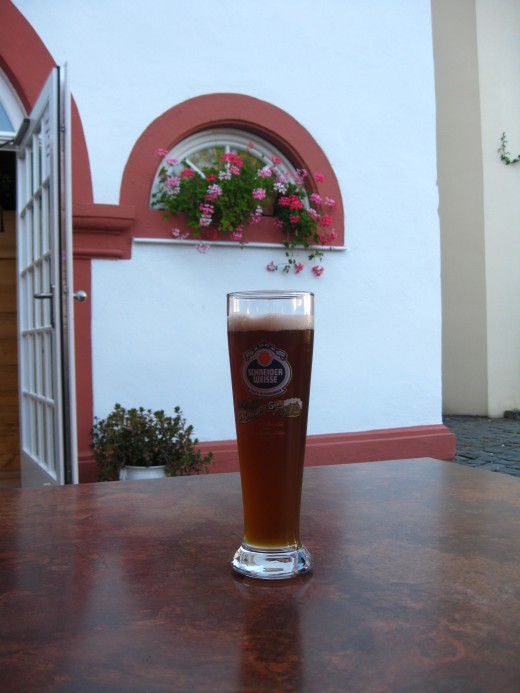
Beer is part of the German national identity, and historically, who controlled the beer controlled the populace. Thus secular and religious forces fought constantly for that privilege, each having their own armies, courts, commercial enterprises, and methods of taxation.
The early history of beer brewing in Germany reveals a preponderance of ale rather than today’s focus on lagers. In fact the main thrust of the German beer industry was the production of ale, right up until the sixteenth century. Ale was chiefly brewed in the home until around the eight century by the infamous hausbraus (home brewers). By the eleventh century monks had taken over the honor, though shortly thereafter the feudal lords and burgher-merchants, seeing the huge potential profits, had usurped the privilege. In modern times lagers have become the focus of German brewers, but their production is only a small part of the history of German beer brewing.
Beer has been brewed in Germany for thousands of years, though lager for only around five hundred. A big surprise is that German brewed Pils has only become popular locally in the last fifty years or so.
In the Beginning
The roots of beer making in Germany can be traced back to the early inhabitants of the Teutonic forests. The culture of these Germanic tribes was centered on beer making, and perhaps it was their colossal consumption of ale that made them such formidable enemies to the Roman invaders, who took centuries to overcome them. Between the sixth and ninth centuries however, Central Europe’s tribal societies had been converted to Christianity, and were organized into individual countries united by customs and common language. This development set the stage for what would become a long and bitter battle between secular and religious powers to dominate what would become the industry of German beer brewing.
The exclusive right to brew and sell ale was the property of the Benedictine monks by the eleventh century, but this would soon change as feudal lords began to see the possibility of huge profits and power in beer making. These lords began to rescind the privileges they had previously granted to the monks, many opening their own breweries and becoming quite wealthy in the process. While the monks and feudal lords were engaged in their struggle for dominance however, a third societal force quietly emerged, one that would ultimately steal the economic and cultural legacy from right under their noses. They were the city burghers, the early medieval merchants.
Some Historical German Beer Brands
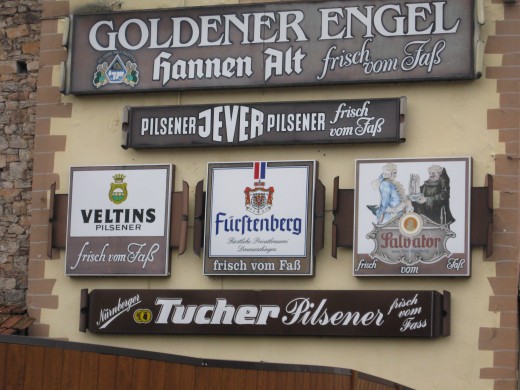
The Monopolization of the German Beer Brewing Industry
The burghers invested lots of money into beer production, developing new technologies and methods of mass production. Within a few centuries they completely dominated the industry and had constructed an empire that spanned the globe. Their beer was of the highest quality, and become one of the nation’s most valuable commodities. While the Germanic tribes were the forefathers of German beer brewing, the city burghers are the patriarchs of today’s modern industry.
By the dawn of the twentieth century, the methods and recipes of German beer brewing were pretty much set in stone. Many beers brewed in Germany today are produced the same way as they were in the late nineteenth century. The history has been a colorful one, shaped by the struggles between secular and religious forces for the economic and political power of which beer was the source. If you taste German beer, you’ll understand why it has been the focal point of such conflict. The light, crispy taste of German blond lagers is unforgettable, the refreshing flavor of their Pils unbeatable.
The next time you enjoy a German beer, remember to taste the colorful history behind it. There are countless awesome places within Germany in which to savor the flavorful products of the German beer brewing industry. Most cities there have their own local brand, and many smaller villages and towns operate their own breweries to produce a flavorful beer reflective of their character and history.

